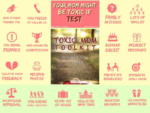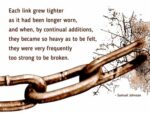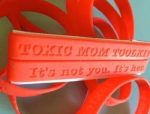Last updated on October 28th, 2023 at 12:18 pm
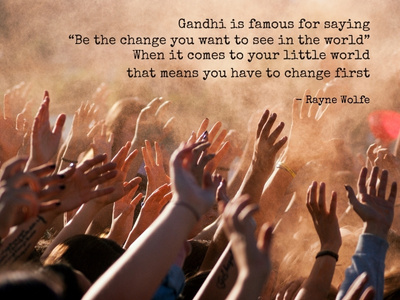 It’s been difficult for me to focus on my publishing dream and editing my book, Toxic Mom Toolkit, with all of the civil unrest in the world. It brings out the retired journalist in me.
It’s been difficult for me to focus on my publishing dream and editing my book, Toxic Mom Toolkit, with all of the civil unrest in the world. It brings out the retired journalist in me.
I don’t know about you; I am glued to my television set, watching the news when civil unrest breaks out.
What makes these stories most compelling is their deep historical roots, dating back centuries, involving competing national identities, territorial disputes, religious beliefs, and complex historical grievances.
The parallels to breaking the bonds of toxic relationships keep rising up in my mind.
1. Lack of recognition of the problem.
With many toxic mothers, there’s always the denial of their toxic behavior that makes a daughter doubt their own perception of the situation. Everything is always the daughter’s fault.
2. Lack of boundaries.
For daughters of toxic moms, any attempts to set boundaries are often shunned with violent outbursts.
3. Lack of open and honest communication.
In a toxic mom relationship, expressing concerns and needs is not allowed. Communication is crucial for finding common ground and resolving disputes.
Too many daughters of toxic mothers are muzzled and afraid to speak out. If you are one of those daughters, then I want to say to you that speaking out is the first step to freedom.
Revolutions and territorial conflicts are relatable stories if you allow yourself to see their roots in toxic relationships.
A few years back, my husband and I vacationed on the East Coast. We spent several days at Historic Colonial Williamsburg, the town preserved by the Rockefeller family as a living, breathing, city-sized theater, allowing us a glimpse of our country’s revolutionary beginnings. Actors in costumes played the part of many historical figures while others filled in as shop owners, buggy drivers, and waiters. It was as if you were a time traveler, a fly on the wall.
At first, it seemed a little goofy, a little silly. I mean, we were wearing tennis shoes and checking our email.
But when you stumble upon characters in the street discussing the aggravation of continually rising taxes and what can be done about it, pretty soon, you’re ready to offer your two cents, too. By the first afternoon’s reenactment of a coffee shop fistfight over mad King George, suddenly, American history is your history. By day three, after listening to Thomas Jefferson speak, we were walking around oozing gratitude to all the participants in the American Revolution—from Lafayette to the nameless blacksmith.
We were grateful to them for calling bull-dinky on taxation without representation. We were grateful they had the balls to stand up for themselves and load their muskets.
Everything is hard until someone shows you how my dad used to say.
For daughters of toxic mothers, there are examples of standing your ground, refusing to be abused, rejecting tormentors, and rebuilding healthy, positive, and balanced lives all around us. You have to believe that there is common ground.
Gandhi is famous for saying: Be the change you want to see in the world. Well, when it comes to your little world, that means you have to change first.
It’s important to note that while there are parallels, there are also significant differences between personal relationships and international conflicts. The complexity, stakes, and number of parties involved in international conflicts make them distinct and often more challenging to resolve. Nevertheless, drawing on the lessons from addressing toxic mother-daughter relationships can provide insight into how to navigate conflict resolution more constructively and healthily.
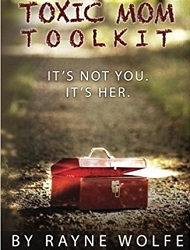 | 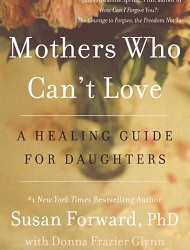 | 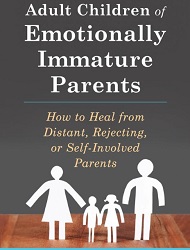 | 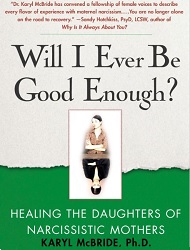 |
|---|

Rayne Wolfe is a versatile and accomplished writer, author, writing coach, and freelancer. Her notable work includes ‘Toxic Mom Toolkit,’ a memoir that not only shares her personal journey but also features mini-stories from women around the globe who, despite facing the challenges of a toxic mother, have grown into resilient adults. As a seasoned journalist, Rayne has served as a former business columnist for the San Francisco Chronicle/Examiner Sunday and the Seattle Times, showcasing her ability to distill complex topics into engaging narratives that resonate with diverse audiences.
Note: Articles by Rayne may contain affiliate links and may be compensated if you purchase after clicking on an affiliate link.
